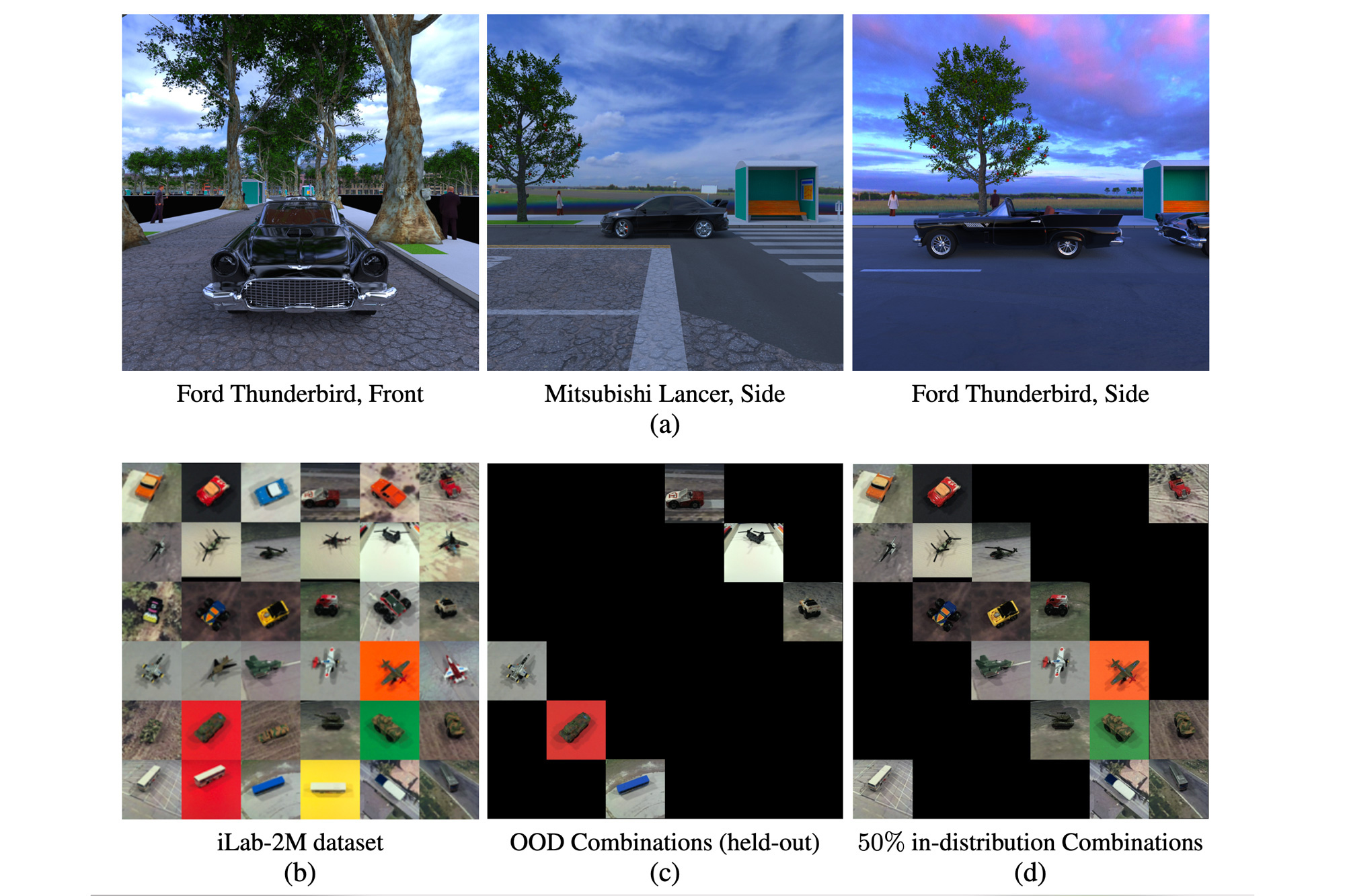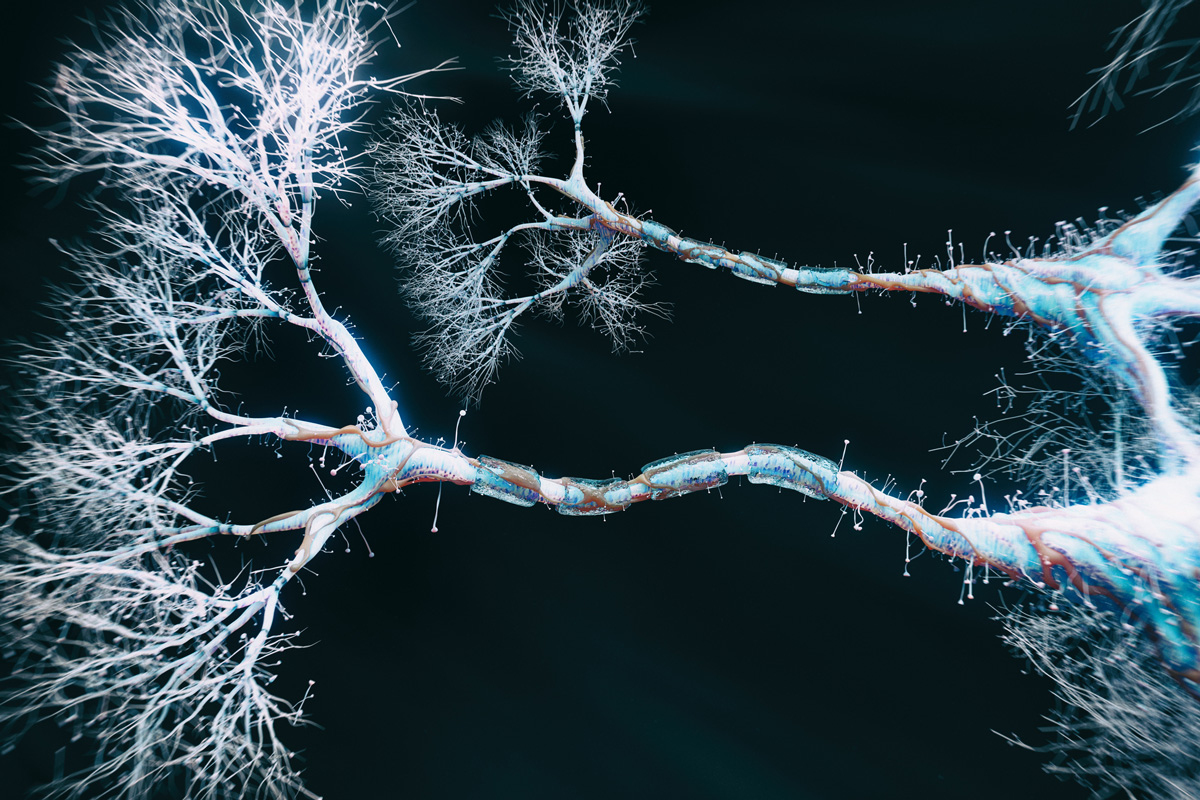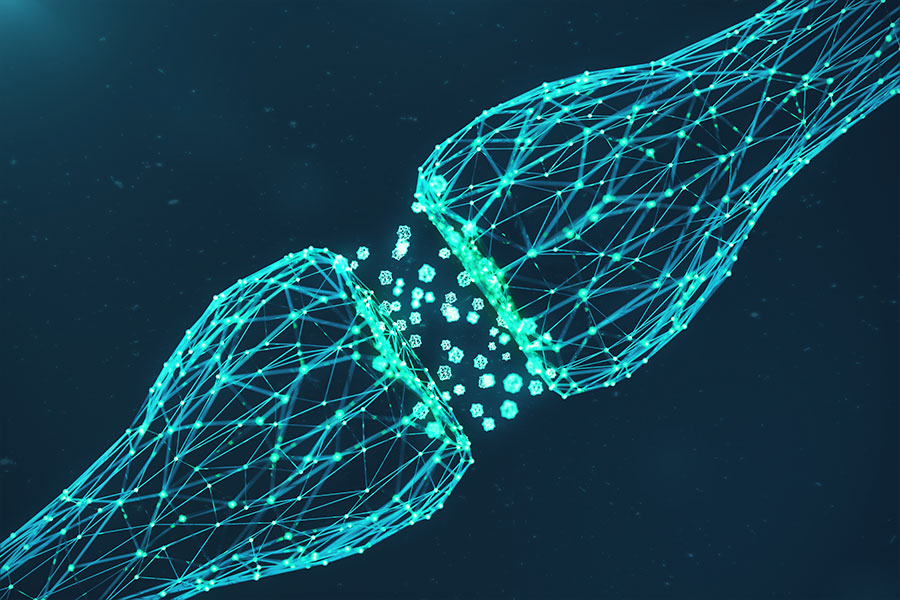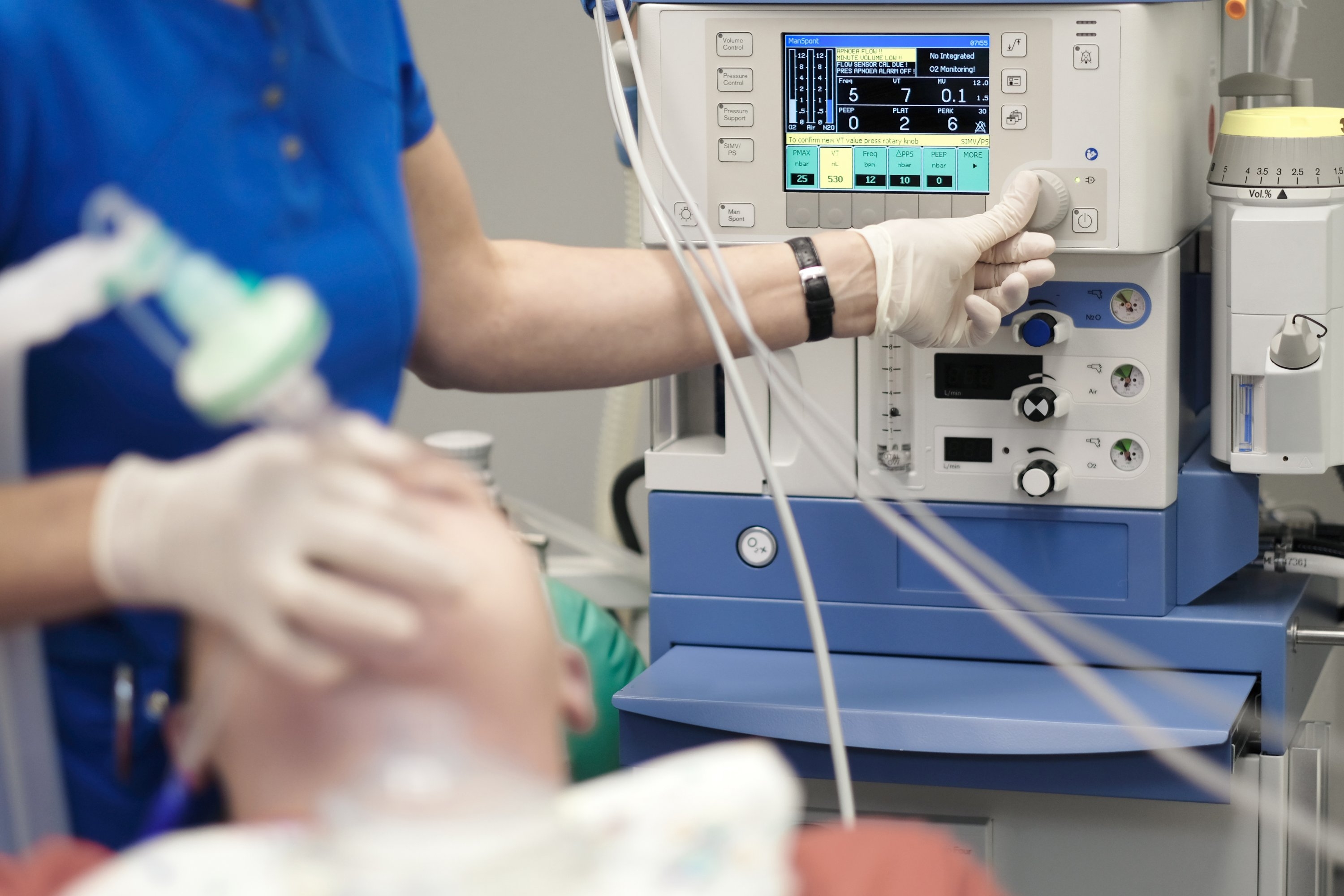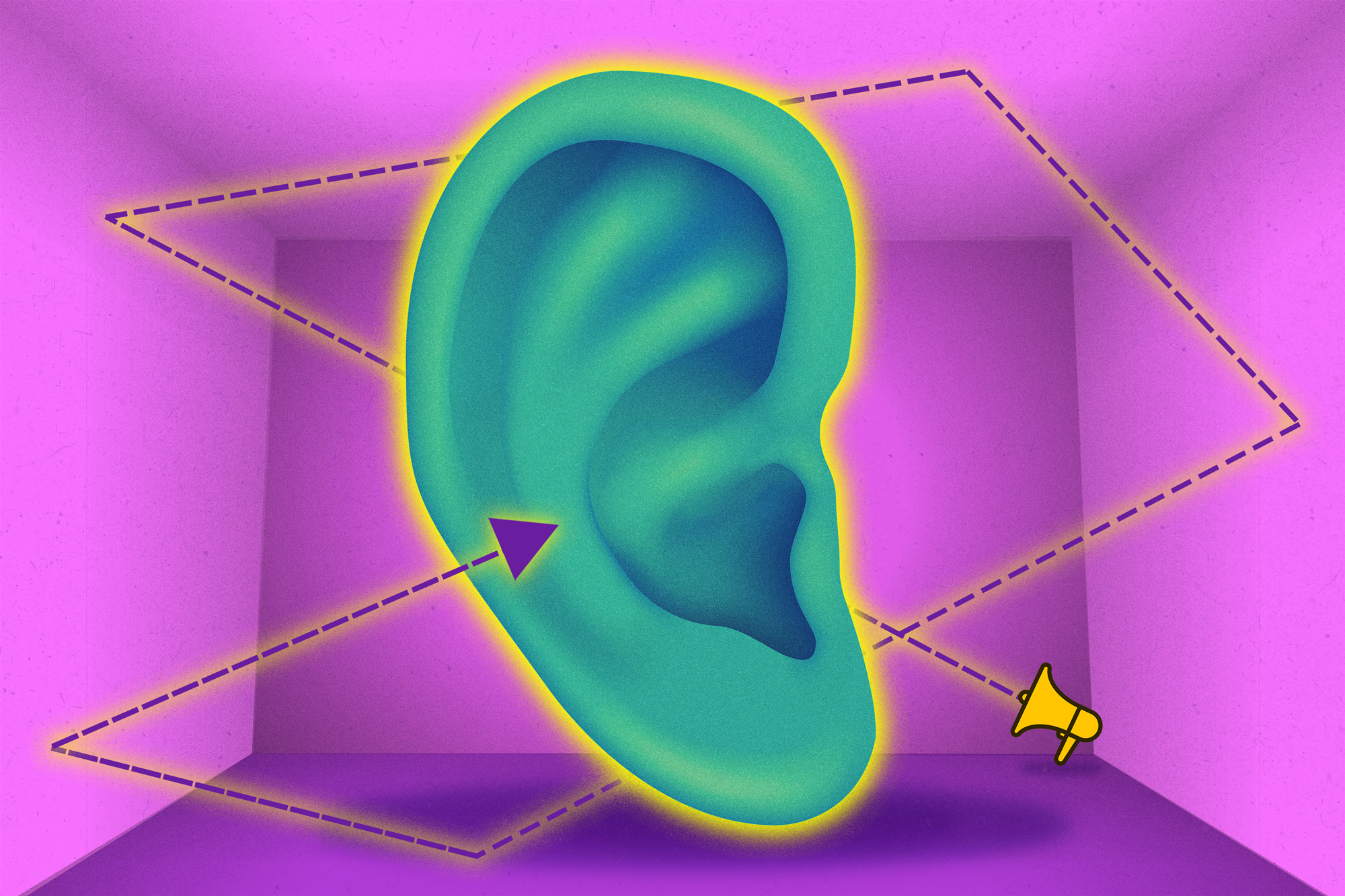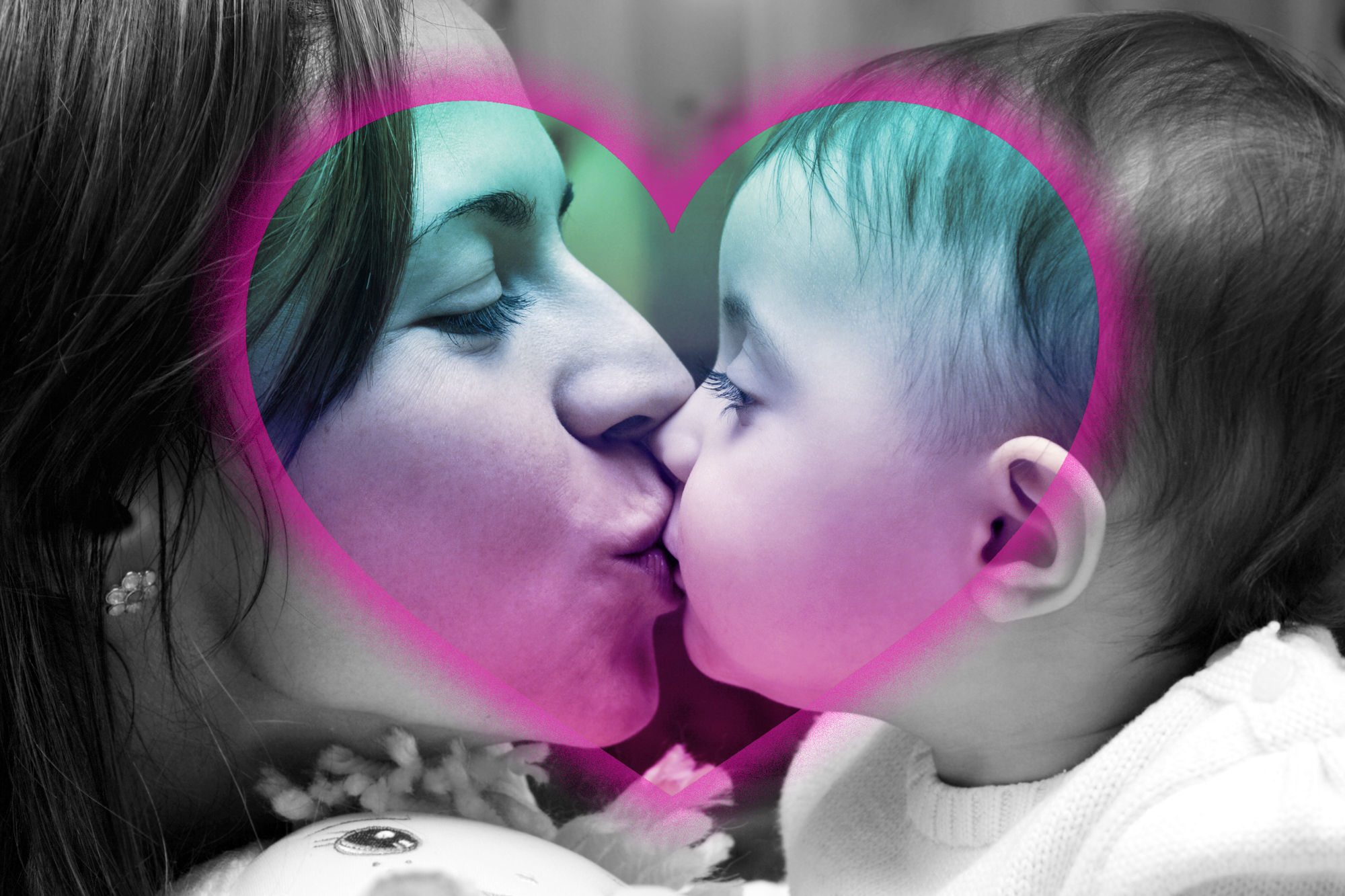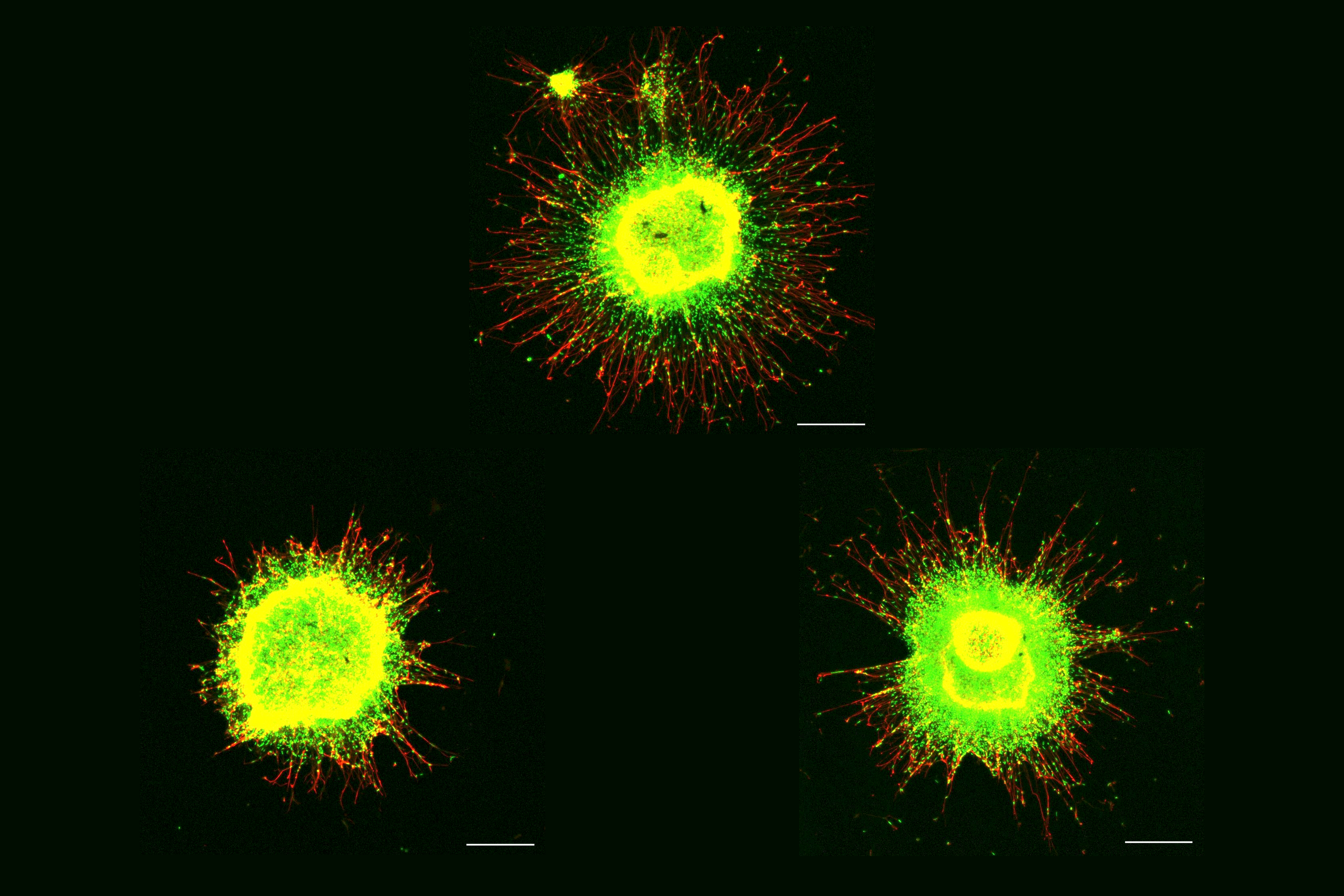Research advances technology of AI assistance for anesthesiologists
A new deep-learning algorithm trained to optimize doses of propofol to maintain unconsciousness during general anesthesia could augment patient monitoring.
David Orenstein | Picower Institute for Learning and Memory •
mit
Feb. 14, 2022 • ~7 min
Feb. 14, 2022 • ~7 min
“Traveling” nature of brain waves may help working memory work
The act of holding information in mind is accompanied by coordination of rotating brain waves in the prefrontal cortex, a phenomenon that may convey specific advantages, a new study suggests.
David Orenstein | Picower Institute for Learning and Memory •
mit
Feb. 10, 2022 • ~7 min
Feb. 10, 2022 • ~7 min
In Down syndrome cells, genome-wide disruptions mimic a senescence-like state
Extra chromosome alters chromosomal conformation and DNA accessibility in neural progenitor cells, disrupting gene transcription and cell functions much like in cellular aging.
David Orenstein | Picower Institute •
mit
Jan. 10, 2022 • ~7 min
Jan. 10, 2022 • ~7 min
/
64

